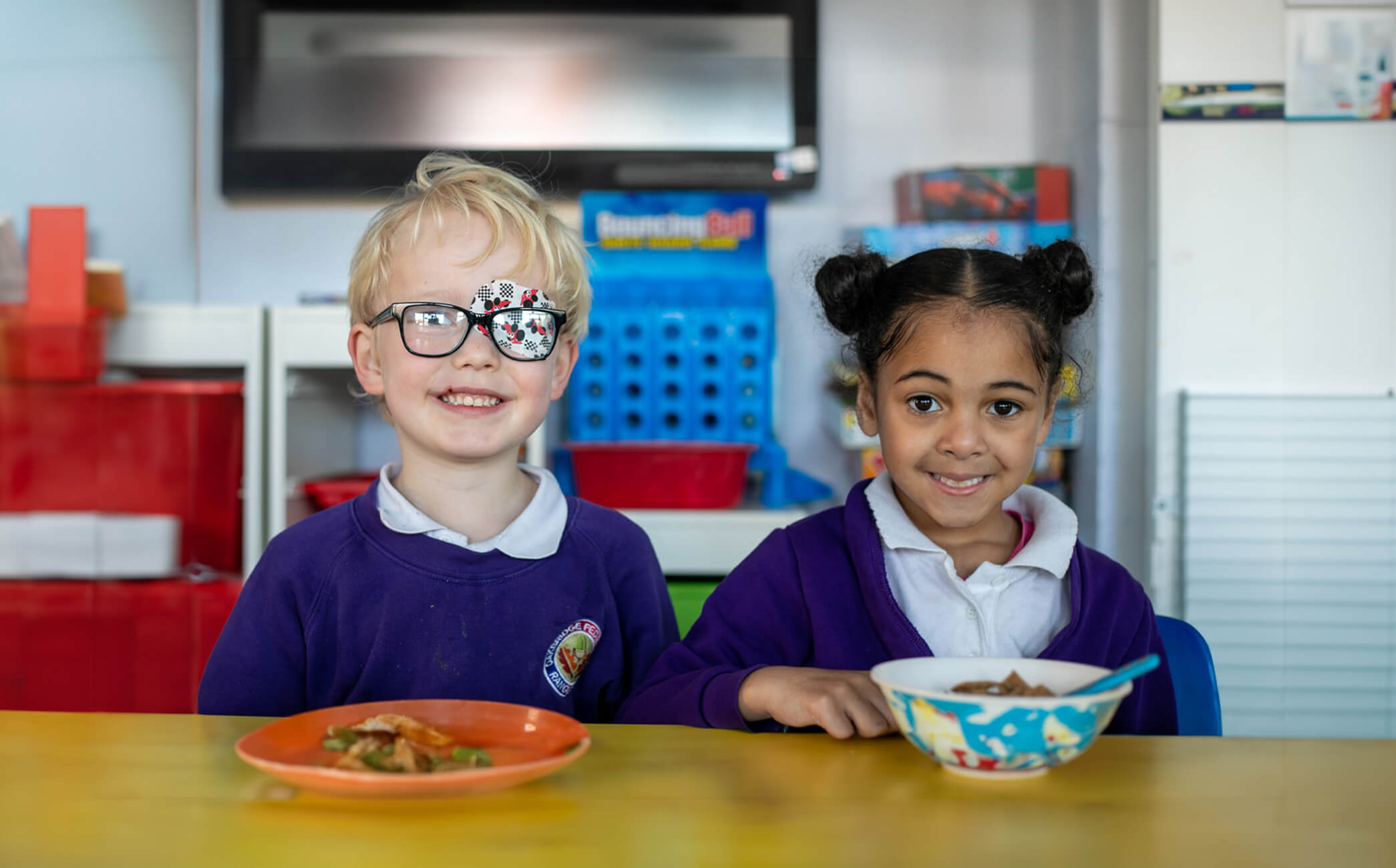Sorry, that content can’t be located.
While you might not find the content you were looking for here, you can use the menu or search tool to explore our work.

While you might not find the content you were looking for here, you can use the menu or search tool to explore our work.
Contact us
We’d love to hear from you. Here’s how to get in touch.